hotline:020-29026320 |13903018415
-
-
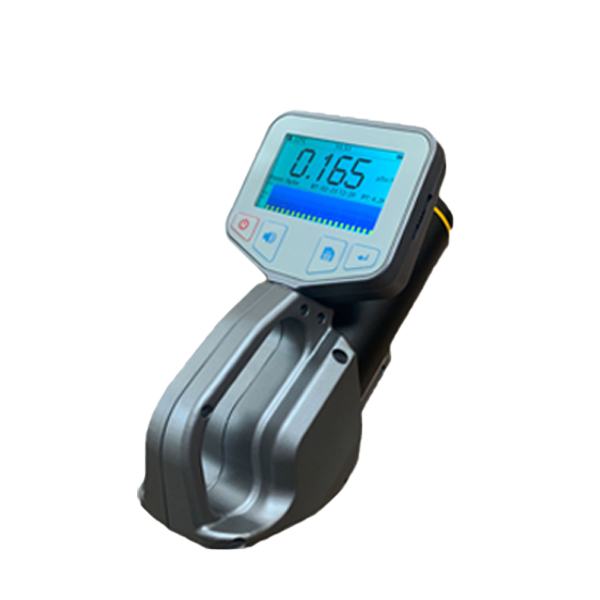
Radiation detection instrumentation
-
HYGP-2223 exposure type X, γ radiation measuring instrument
-
HYGP-2223BX, gamma dose rate meter (with tripod)
-
FI-329M intelligent household nuclear radiation detector
-
HY-2000M digital multi-channel gamma spectrometer
显示更多 -
-
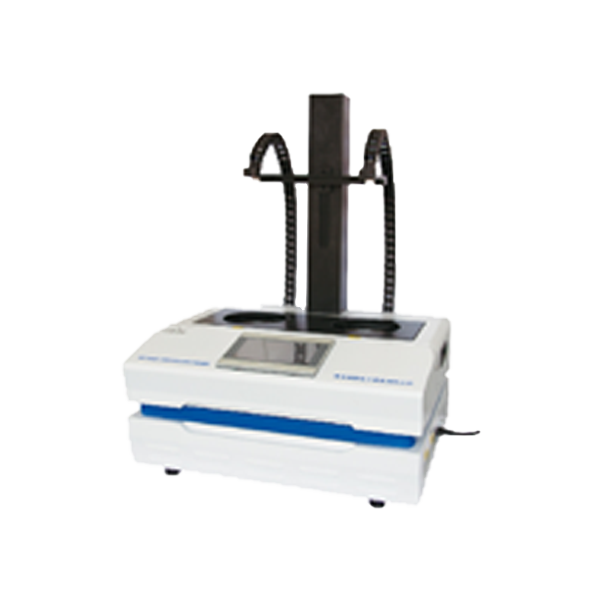
Laboratory Equipment
-
Radioactive distillation apparatus in water
-
2200Q portable turbidity meter
-
SPE Solid Phase Extraction Device
-
Portable spectrophotometer
显示更多 -
-
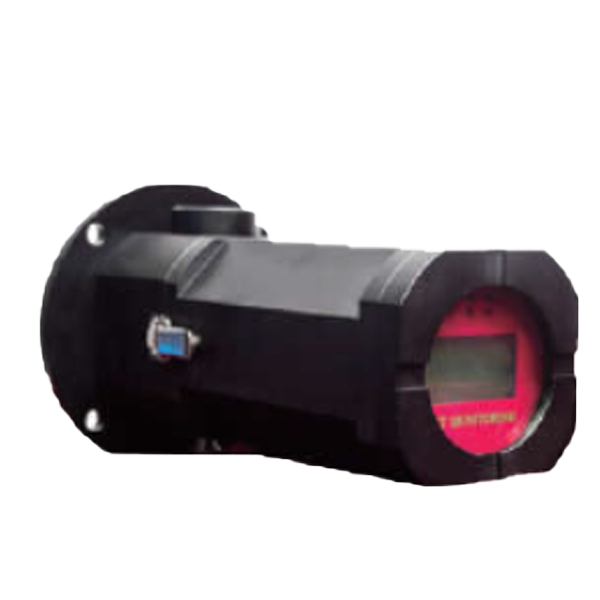
Portable environmental monitoring equipment
-
VOCs gas analyzer
-
Portable handheld VOC detector
-
Portable all-in-one multi-parameter analyzer
-
Dust detector
显示更多 -
-
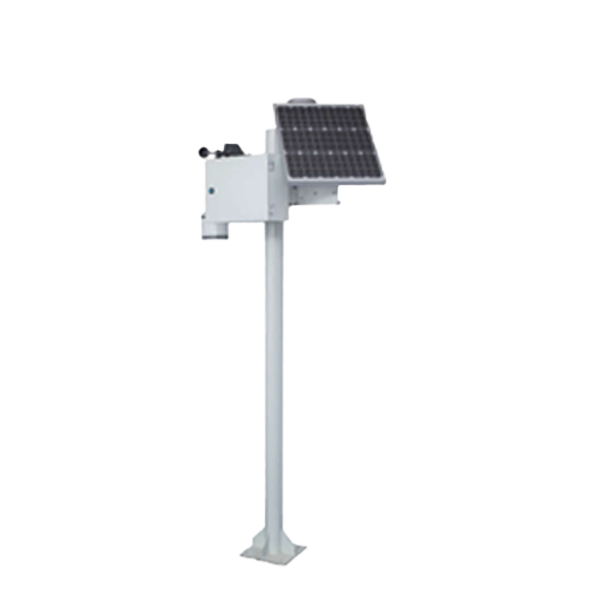
Environmental online monitoring system
-
CM-WG8200 grid air quality detection system
-
On-line monitoring system for CM-VOCs-5000 volatile organic compounds
显示更多 -
-
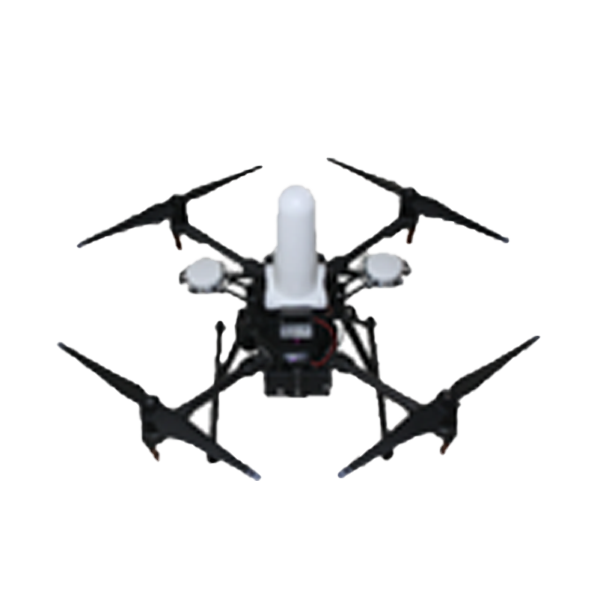
UAV Online Environmental Monitoring
-
OS-2 UAV Electromagnetic Environment Monitoring System
-
Nuclear emergency radioactive source search UAV
-
UAV Monitoring System
显示更多 -
-
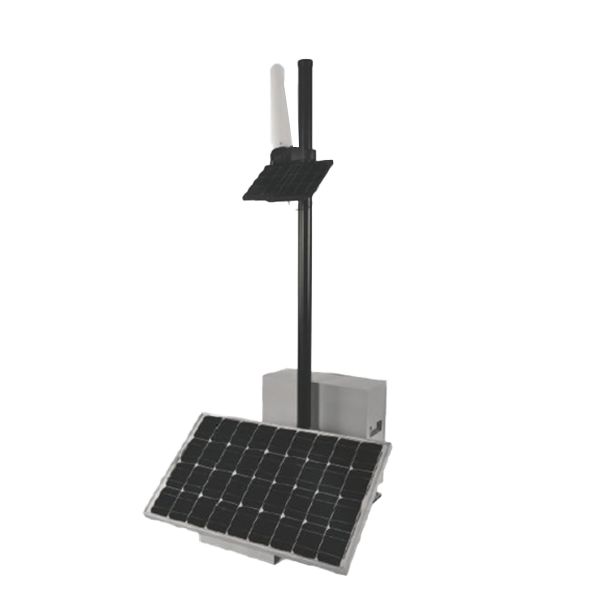
On-line Monitoring System of Electromagnetic Radiation
-
On-line Monitoring System of Electromagnetic Radiation
-
Automatic Monitoring System of HYEH460 Electromagnetic Radiation
-
HY-900A launch type radiation environment automatic monitoring station
-
OS-8 S Frequency Selective Electromagnetic Environment Online Monitoring System
显示更多 -
-
Exploring the Versatile Applications of Radiation Instruments
2025-07-10
Introduction to Radiation Instruments
Ever wondered how we keep track of radiation levels in our daily lives? That's where radiation instruments come into play! These nifty devices are essential for measuring and monitoring radiation in various environments, from medical facilities to nuclear plants. Let's dive into the fascinating applications of these instruments and how they impact our world.
Radiation Instruments in Medicine
First off, let’s talk about healthcare. In hospitals, radiation instruments are crucial for ensuring patient safety. For instance, during X-ray procedures, technicians use these instruments to monitor the radiation dose. This not only protects patients but also staff, who might be exposed to radiation over time. You might say, "Better safe than sorry!"
Environmental Monitoring
Next up, let’s shift gears to environmental applications. Radiation instruments are key players in monitoring environmental radiation levels. From tracking natural background radiation to detecting contamination in the aftermath of nuclear incidents, these devices help keep our ecosystems in check. Imagine strolling through a park, knowing that scientists are vigilantly measuring radiation levels to keep it safe for everyone!
Industrial Applications
Now, onto the industry! In manufacturing and construction, radiation instruments are used to ensure materials are up to standard. For example, in the production of certain metals, measuring radiation can help verify the material's integrity. It's like having a secret weapon to ensure quality control—no one wants faulty products slipping through the cracks!
Nuclear Energy and Safety
Oh, and let’s not forget about the nuclear energy sector! Here, radiation instruments play a vital role in ensuring safety at power plants. They’re used for monitoring radiation levels in and around plant facilities, helping prevent leaks or unsafe conditions. If something seems amiss, these instruments are the first line of defense, alerting operators to potential hazards.
Research and Development
Furthermore, in the realm of research, radiation instruments are indispensable tools in physics and chemistry experiments. Researchers utilize them to study the properties of radioactive materials. Whether it’s in a lab or a field study, these instruments provide critical data that can lead to groundbreaking discoveries. Who knew science could be so electrifying?
Education and Training
Moreover, education isn’t left out of the equation. Many universities and technical schools use radiation instruments for training future professionals in the field. Students get hands-on experience with these devices, learning the ropes of safety protocols and measurement techniques. Talk about preparing the next generation!
Conclusion: The Unsung Heroes
In conclusion, radiation instruments are indeed the unsung heroes in various applications. From healthcare to environmental safety, industrial standards to academic research, their impact is profound and far-reaching. So, the next time you hear about radiation, remember that these instruments are tirelessly working behind the scenes, ensuring our safety and advancing our understanding of the world. Isn’t that just amazing?

COOKIES
Our website uses cookies and similar technologies to personalize the advertising shown to you and to help you get the best experience on our website. For more information, see our Privacy & Cookie Policy
COOKIES
Our website uses cookies and similar technologies to personalize the advertising shown to you and to help you get the best experience on our website. For more information, see our Privacy & Cookie Policy
These cookies are necessary for basic functions such as payment. Standard cookies cannot be turned off and do not store any of your information.
These cookies collect information, such as how many people are using our site or which pages are popular, to help us improve the customer experience. Turning these cookies off will mean we can't collect information to improve your experience.
These cookies enable the website to provide enhanced functionality and personalization. They may be set by us or by third-party providers whose services we have added to our pages. If you do not allow these cookies, some or all of these services may not function properly.
These cookies help us understand what you are interested in so that we can show you relevant advertising on other websites. Turning these cookies off will mean we are unable to show you any personalized advertising.
online message
Telephone:13903018415(Manager Wang)
Business: 020-29026320
E-mail:wangxueli@haiyoukj.com
Address: Room 703, Tian 'an Innovation Building, Panyu Energy Saving Science Park, 555 Panyu Avenue North, Donghuan Street, Panyu District, Guangzhou

Sweep code attention

